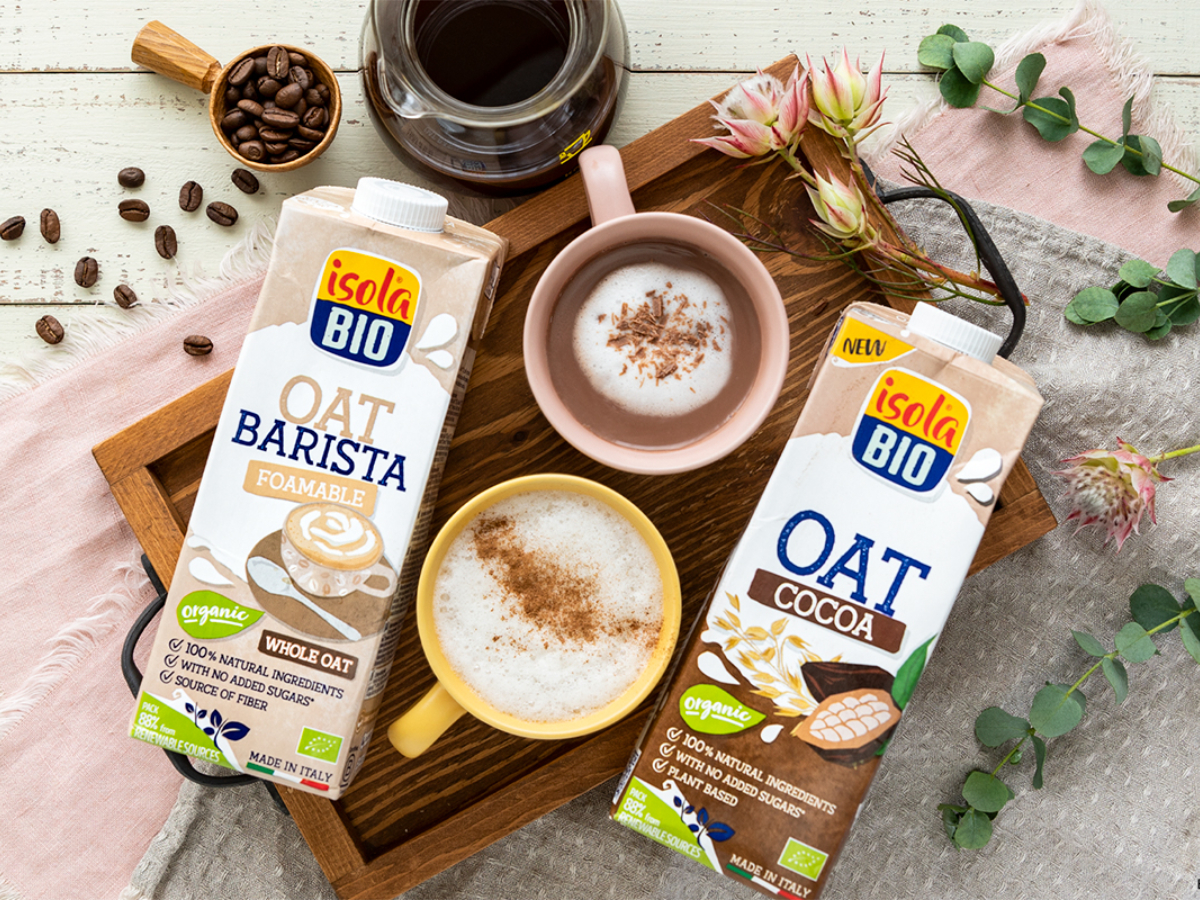
Source: PR Times
New barista grade oat milk and cocoa oat milk available from organic store Bio C Bon
Related Article
-

IKEA Japan sends help to healthcare workers during pandemic
-
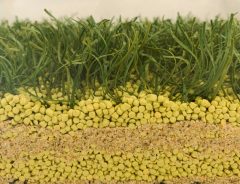
High school ‘soccer powerhouse’ replaces artificial turf with recycled green tea husks
-
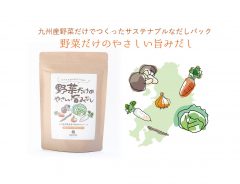
You can help reduce food loss when you buy this vegetable dashi made with imperfect produce
-
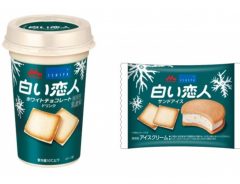
Hokkaido’s popular “White Lover” cookies turned into sweet drinks and ice cream sandwiches
-
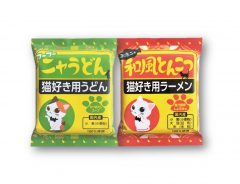
Japanese maker releases instant noodles made for cat lovers
-
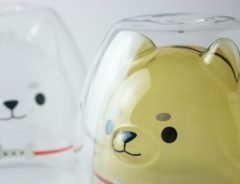
Turn Your Drink Into A Super Cute Shiba Inu Beverage With These Bubbly Shiba Glasses


If you are a latte art enthusiast, then, like me, you’ve probably spent hours upon hours researching how to make a flawless free pour.
My fascination with latte art started about 4 years ago, when I decided that in order to make my lifelong dream of opening a cafe a reality, I would need to be at the top of the coffee game, and offer drinks that not only taste good, but look good too.
Almost half a decade later, and my dream is still no closer to becoming physically realised than it was back then, but after taking a couple of barista and latte art courses and gaining a little bit of experience in an Italian owned cafe, I’ve at least learned the basics and science behind what makes the perfect pour.
Steaming milk is an easy thing to do, in fact anyone can do it, but, in order to make the perfect foam for the most artistic latte you need to know how to balance out capacity with time and temperature – and that is easier said than done.
These days, I practice on my home espresso machine about 3 times a day…and whilst I’m getting in a lot of practice, I’m also consuming way more caffeine and dairy than I would like. Being mildly sensitive to dairy also means my stomach does not appreciate the overdose. And that’s where you ask, why don’t you just swap out cows milk for plant based then? And I would be lying if I said I hadn’t tried to do so.
The truth is, whilst plant based milks are a great tasting alternative to dairy, they absolutely suck at replicating that foamy texture needed for ‘painting’ latte art.
The closest you can get to it, is with barista grade plant based milk, which when it comes to finding plant-based milk in Japan is like going on one of those extra hidden missions in a video game.
Recently, more than a dozen food instagrammers based in Japan raved about finding super cheap Califia oat milk in Kaldi coffee stores. Many were pleased just to find affordable plant based milk that wasn’t regular supermarket soy milk, but for me, what stood out was the fact that this milk was barista grade – meaning it could be used to make silky smooth foam for latte art – a.k.a the holy grail of necessary milk for a plant based latte.
Unfortunately, Kaldi quickly caught on that this milk was a popular item, and soon racked up the prices, deterring any would-be-buyers back to Kikkoman and Marusan soy milk.
Despite the hike in prices, just hearing about the introduction of barista grade oat milk on Japanese food shelves makes my heart sing with joy, for hopefully this means there will be more similar drinks arriving at the market just around the corner.
It seems like my wishes have been heard, as Aeon has just announced its partner, organic food importing company Bio C Bon, is adding barista grade oat milk as well as cocoa flavoured oat milk to their online shop.
Although the brand, isola BIO, is nothing new to Bio C Bon’s store line-up (with cartons of isola BIO’s almond, barley, coconut and regular oat milk having been available to purchase since the launch of the online store back in June), the addition of two new dairy-free and lactose-free milks will be sure to please those on plant-based diets or trying to limit their animal-product intake.
Having barista grade oat milk so easily available is a big win for people like me who have an (somewhat unhealthy) obsession with perfecting latte art. With more and more of us spending time at home, home-cafe-style drinks have become a bit of a trending topic on sns sites like Instagram and TikTok.
Bio C Bon has picked up on the trend and will be holding a collaboration workshop with the world-class baristi at Ogawa Coffee. The hands-on event will teach latte art fans and coffee lovers how to enjoy coffee with plant-based milks.
Ogawa Coffee x Bio C Bon Plant-based Milk Event
Dates: 29th – 31st October 2021
Venue: OGAWA COFFEE LABORATORY, 3-19-20 Kitazawa, Setagaya-ku, Tokyo reload 1-1
More information about the event will be available in updates on Bio C Bon’s official SNS.
The barista grade oat milk is made using organic wholegrain oats, and is blended with sunflower oil and sea salt. Dietary fiber has also been added to ensure that the fiber lost during processing is replaced.
As for the cocoa flavoured oat milk, it may not be barista grade, but it certainly is tasty and will prove a hit amongst children and chocoholics (raise your hands, I know you’re out there).
Both milks will be available in 1000ml cartons for 430 yen (tax included) on Bio C Bon’s online store from the 18th of September 2021.